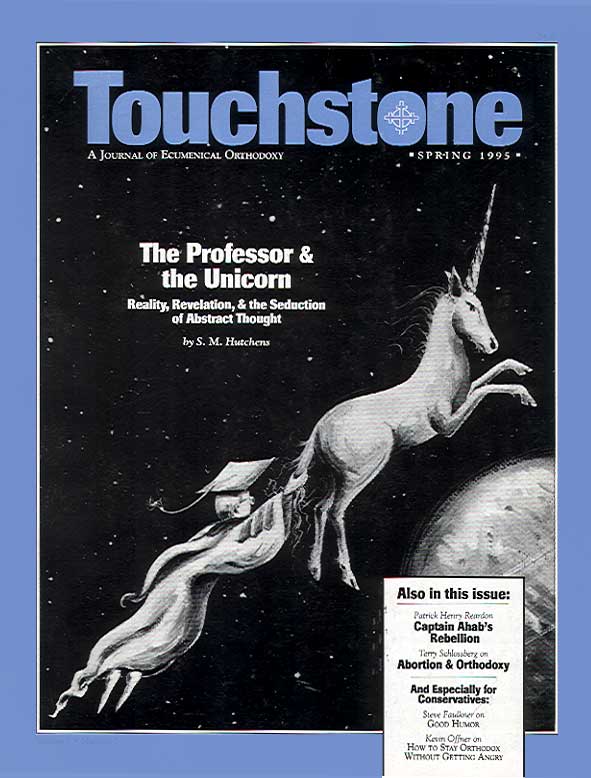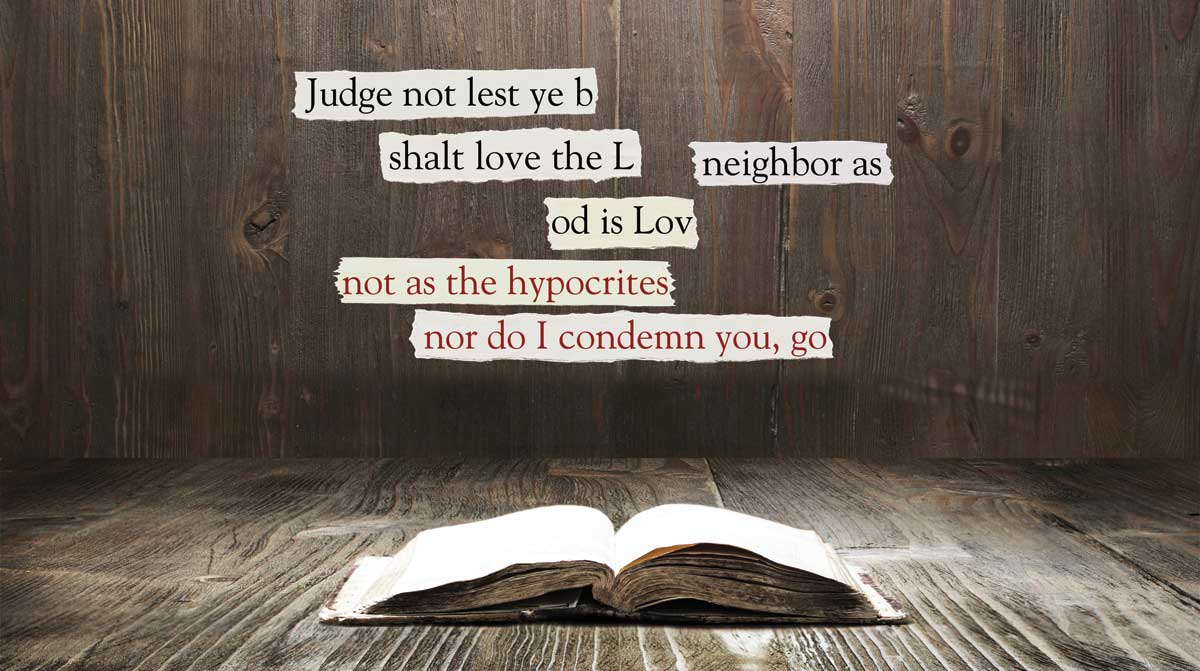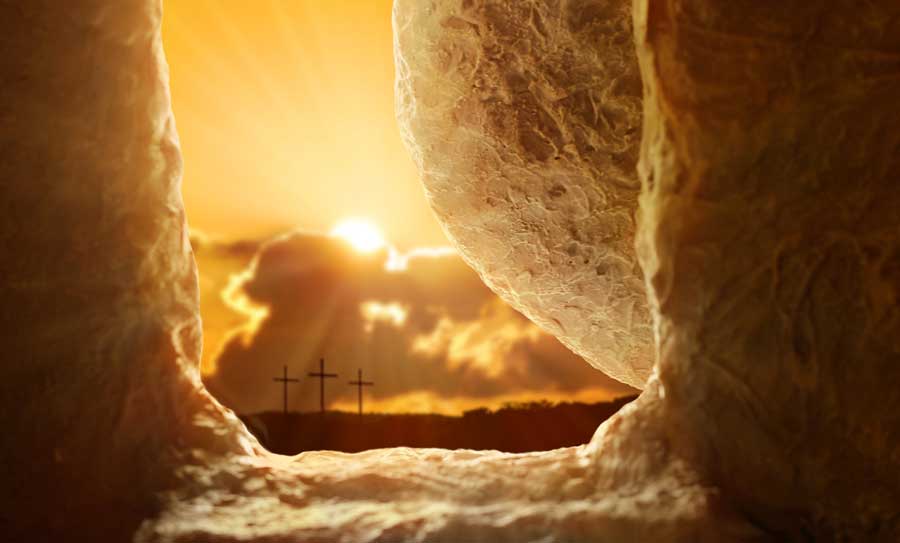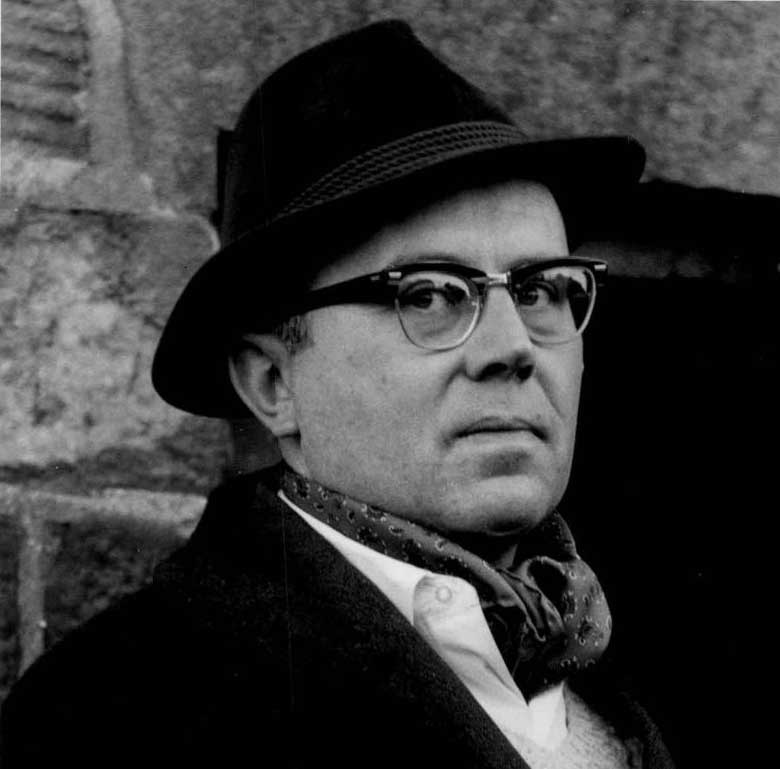True Lies
The Real Power of Myth
by Craig Payne
For students who are part of that ever-growing “revolt into orthodoxy” of which G. K. Chesterton spoke, the typical college classroom presents numerous opportunities for debate. The views of modern Gnostics, often cloaked in classical or traditional language, are continually foisted on unsuspecting students. One of the modern Gnostics often encountered in the classroom is the popular author and video lecturer Joseph Campbell.
Campbell died in 1987, but his influence seems to have grown since his death. His books, particularly The Power of Myth, a compilation of interviews conducted by Bill Moyers, are bestsellers on college campuses. The videotaped interviews with Moyers, repeatedly broadcast on public television, along with another series of video lectures of Campbell (“The World of Joseph Campbell”), have become multipurpose tools for this Gnosticism—they are routinely presented in classes on psychology, history, sociology, anthropology, myth studies, religion, and so on.
Our Inquiring Minds
Impressionable students or others reading Campbell’s books or viewing his videotapes often think of him as a path-breaking pioneer who shed the worn-out straitjacket of religious dogma and found the mystical truth at the heart of reality. But Campbell is just another manifestation of an ancient (and persistent) intellectual system which specifically denies reality as it is given to us to know it: Gnosticism. Fascination with Campbell is just another New Age fad. Owen Jones points out in an article on Campbell:
Many Americans, even devout Christians and Jews who ought to know better, often lack even the most basic spiritual and theological understanding that would help them handle the mysterious problems of pain, evil, suffering, and death. This spiritual illiteracy is the context in which the burgeoning interest in mythology and other forms of esoteric spirituality have begun to take on the form of a social movement complete with an intellectual system.1
The popularity of myth studies may be attributed to the fact that they purport to examine the central questions of life: Why are things one way, and not another? What is the ground of our being, the ground of the universe we inhabit? The modern philosopher Eric Voegelin posits these questions as the two principal questions of life, the questions of “existence” and “essence”:
The quest for the ground . . . is a constant in all civilizations. . . . The quest for the ground has been formulated in two principal questions of metaphysics. The first question is, “Why is there something; why not nothing?” and the second is, “Why is that something as it is, and not different?”2
Man, because of his part in the world- Logos or ordering principle that makes the chaotic universe into a cosmological vision, “does not live in order to live, he wants to know why and for what he lives.”3 Before the path of self-sacrifice—in order to seek the true, the good, and the beautiful for its own sake and not for its potential usefulness—is chosen, man searches for meaning, even eternal meaning behind existence: “He recognizes not only that there is something, but that something ought to be. He not only sees a reality but tries to see a meaning for what is real.”4
Man asks the eternal question: What is life’s purpose? Myth appears to organize existence into purposeful categories. However, if life has no purpose (meaning an objective purpose outside of the mere facticity of “what occurs”), then is not the orchestration and organization of meaningful pattern done by the myth-maker also purposeless, no matter how skillfully wrought or how many believe in the artistic contrivance? Is any imposition of meaning an artificial construction rather than a reflection of reality—or, more bluntly, is it a cold-blooded lie? Is myth purely social in function and origin, the “useful lies” of the clerics and artists merely a form of social cement to bind the masses into the coherent enterprise of society? In our look at modern myth studies we must come to the inescapable question of truth.
subscription options
Order
Print/Online Subscription

Get six issues (one year) of Touchstone PLUS full online access including pdf downloads for only $39.95. That's only $3.34 per month!
Order
Online Only
Subscription

Get a one-year full-access subscription to the Touchstone online archives for only $19.95. That's only $1.66 per month!
bulk subscriptions
Order Touchstone subscriptions in bulk and save $10 per sub! Each subscription includes 6 issues of Touchstone plus full online access to touchstonemag.com—including archives, videos, and pdf downloads of recent issues for only $29.95 each! Great for churches or study groups.
Transactions will be processed on a secure server.
more from the online archives
calling all readers
Please Donate
"There are magazines worth reading but few worth saving . . . Touchstone is just such a magazine."
—Alice von Hildebrand
"Here we do not concede one square millimeter of territory to falsehood, folly, contemporary sentimentality, or fashion. We speak the truth, and let God be our judge. . . . Touchstone is the one committedly Christian conservative journal."
—Anthony Esolen, Touchstone senior editor










